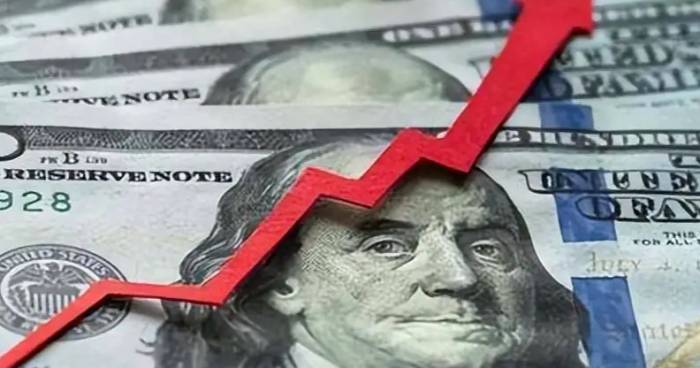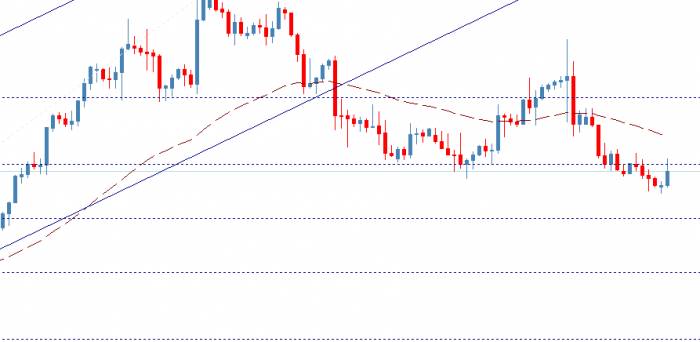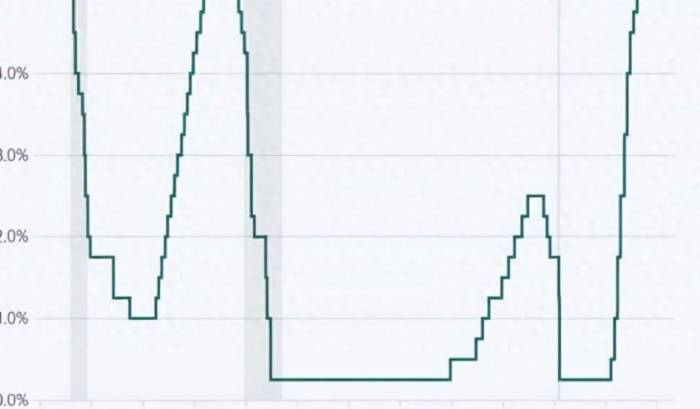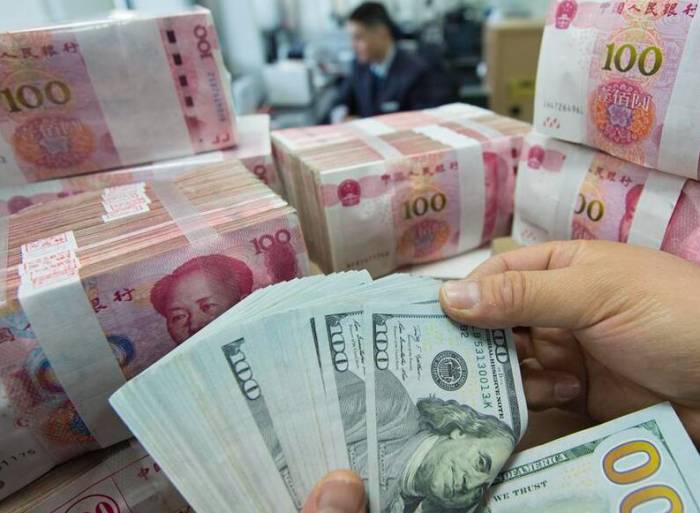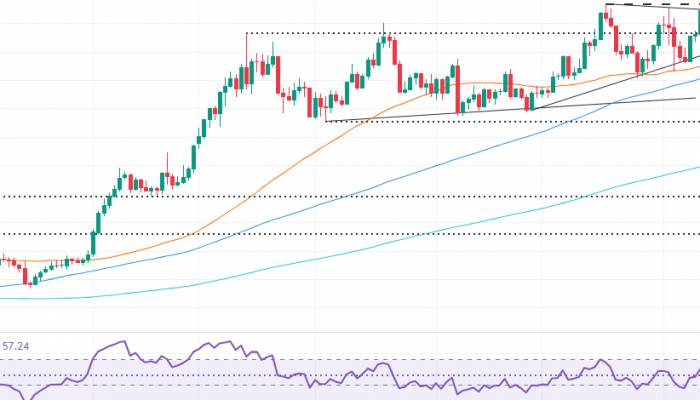Driven by the Fed's 50 basis point rate cut, Asian currencies today saw a strong rally, reaching a 14-month high.
The Indonesian Rupiah, Korean Won, and Malaysian Ringgit all rose.
At the same time, Asian stock markets also reacted swiftly.
The MSCI Asia regional stock index rose by 1.6%, while Japan's Topix index soared by 2%.
"This rate cut sends a clear signal to financial markets, businesses, and households that the Fed is supporting economic growth.
Asian markets should be very positive about the Fed's actions," said Gary Dugan, CEO of Singapore's Global CIO Office.
On Thursday, the Bloomberg Asia Dollar Index rose by 0.2%, reaching its highest level since July 2023.
Among Asian currencies, the Indonesian Rupiah and Korean Won led the gains, while the Malaysian Ringgit climbed to its highest level since 2022.
Not only Asian currencies, but also other emerging market currencies such as the Mexican Peso and South African Rand also rose.
Manish Bhargava, CEO of Straits Investment Management in Singapore, said that the Fed's rate cut increases the likelihood of a soft landing, "which could boost risk appetite and drive capital inflows into emerging markets as investors seek higher returns."
The rate cut not only boosted the performance of Asian assets but also provided more flexibility for Asian central banks to cut rates.
The Philippine Central Bank took the lead in cutting rates in August, and the Bank of Indonesia also unexpectedly announced a rate cut this week.
With the Fed's policy shift, the market widely expects more easing policies in the next 12 to 18 months.
"The narrowing of interest rate differentials and capital flows provide a more favorable environment for Asian policymakers and investors," said Li Haomin, a macro strategist at Lombard Odier in Singapore.
Mitul Kotecha, a strategist at Barclays, said today that although the weakening of the US dollar has provided some support for Asian currencies, this rise may partially reverse in 2025.
Analysts believe that, in addition to the weakness of the US dollar, the robust growth prospects of the Asian economy also provide further support for local currencies.
Strong manufacturing data from South Korea, the Philippines, Thailand, Taiwan, India, and China in August indicate an increase in confidence in the regional manufacturing sector.
Alvin Tan, head of Asian foreign exchange strategy at Royal Bank of Canada, said that although Asian currencies have performed well overall, different economic growth and policy prospects will lead to divergent currency performances.
In addition, the Japanese stock market has been particularly eye-catching, with the Nikkei 225 index closing up 2.15% today.
Rina Oshima, a strategist at Okasan Securities in Japan, pointed out that the rate cut announced by the Fed is in line with market expectations, and the depreciation of the yen has not put pressure on the Japanese economy, making this situation "ideal" for the Japanese market.


